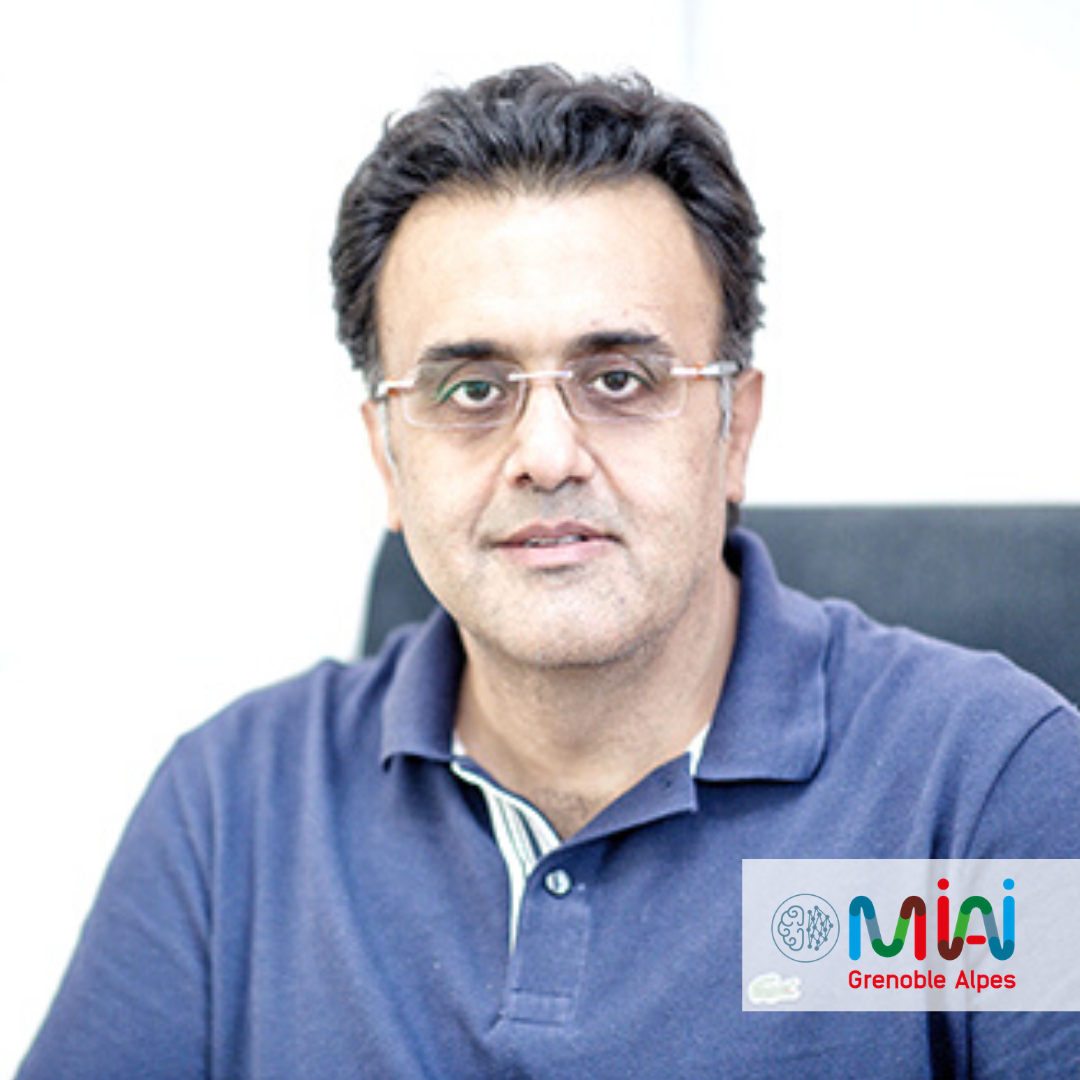Machine learning for mAterial desiGN and Efficient sysTems (MAGNET)
DESCRIPTION
Motivation and expected impact: The aim of the chair is to develop a new interactive learning framework that involves the expert’s feedback in the training step for the exploration of multi-dimensional design space of materials. Designing new materials is at the core of any technological transition, with many to come: lighter transport (more efficient structures), energy production (materials for renewables), circular economy (recyclable materials), resource crisis (substitution of critical chemical species), gas capture and release (CO2, toxic gases). The immense vastness of the materials design space brings a key opportunity to couple high throughput materials exploration by experimental and simulation strategies to advanced artificial intelligence tools. We expect new breakthroughs for designing materials with improved compositions and properties that answer future society needs and environment challenges.Scientific objectives and context: Designing new materials with optimized functions is essential to meet the industrial challenges induced by the future societal constraints. Targeted functions include structural, chemical and physical properties but also those related to safety, ecology, recycling, low cost and accessibility. Finding new materials with specific properties is still very empirical, traditionally guided by intuitive and trial-and-error methods. To go beyond, data?to?knowledge strategies are showing enormous promise within materials science. The aim of the proposed research is to set up new Machine Learning (ML) approaches in order to develop real materials according to specific properties (local structure, microstructure, thermodynamic and mechanical properties), to predict new phases, and the structure of materials at the atomic scale.
ACTIVITIES
The program chair has been structured in research axes, each involving a collaborative work between the computer science (LIG), the materials science (SIMAP), and mathematics (IF) teams, with additional links to the proposed Towards More Data Efficiency in Machine Learning chair within the MIAI institute.The chair activities include the development of new approaches and frameworks through two PhDs in collaboration between SIMAP, LIG and IF laboratories, and applicative research projects in collaboration with the industrial partners of the chair: 3 master thesis, 2 PhDs in progress, 1 PhD planned for fall 2021, 1 Post doc planned for early 2021.
The industrial partners of the chair include so far Atos, Mentor, Constellium, ArcelorMittal. Discussions are in progress to open towards new collaborations.
CHAIR EVENTS
Organization of the 17th International Conference on Aluminium Alloys ICAA17 in Grenoble, October 2020 – transformed into a virtual event (A. Deschamps chair of the organizing committee)RESEARCH TOPICS
- Development of new transfer learning approaches to solve more efficiently new ML problems using knowledge gained from the resolution of other related problems, using latent variables that represent unobserved physical behaviors – 2 PhDs with Mentor and Atos.
- Description and classification of the material’s atomic structure. advanced ML approaches will be used to validate low computing cost interatomic potentials on ab initio calculation databases. Understanding local many-body 3-D configurations requires advanced neural network models trained on partially labeled datasets obtained by molecular dynamics – 1 PhD in collaboration between SIMAP / LIG /IF.
- Materials design space comprises 10 or more dimensions of chemical composition and processing parameters, resulting in complex atomic structures such as Metal-Organic Frameworks (MOFs) or complex mesoscale microstructures in metallic alloys. New ML approaches will be developed for guiding descriptive models and property optimization from combinatorial experimental datasets covering discrete parts of the design space – 1 PhD to come with Constellium and 1 Post doc to come with ArcelorMittal.
- New ML tools based on topological data analysis will be developed in order to actively improve the selection of informative labeled observations in conjunction with semi-supervised algorithms, to consider the topological atomic scale structure of a wide class of materials - 1 PhD in collaboration between SIMAP / LIG.
More about this chaire : Accueil - MAGNET (liglab.fr)
Published on January 25, 2024
Updated on January 25, 2024
Updated on January 25, 2024
Head of the chair
Head of the chair
Team members
Core members
- Amini Massih-Reza
- Deschamps Alexis
- Emilie Devidjer
- Roberta Poloni
- Noël Jakse
- Sana Louhichi
- Rémi Molinier
- Jean-Luc Parout




